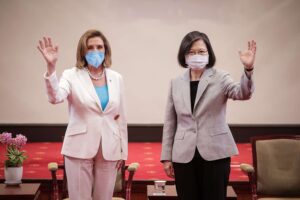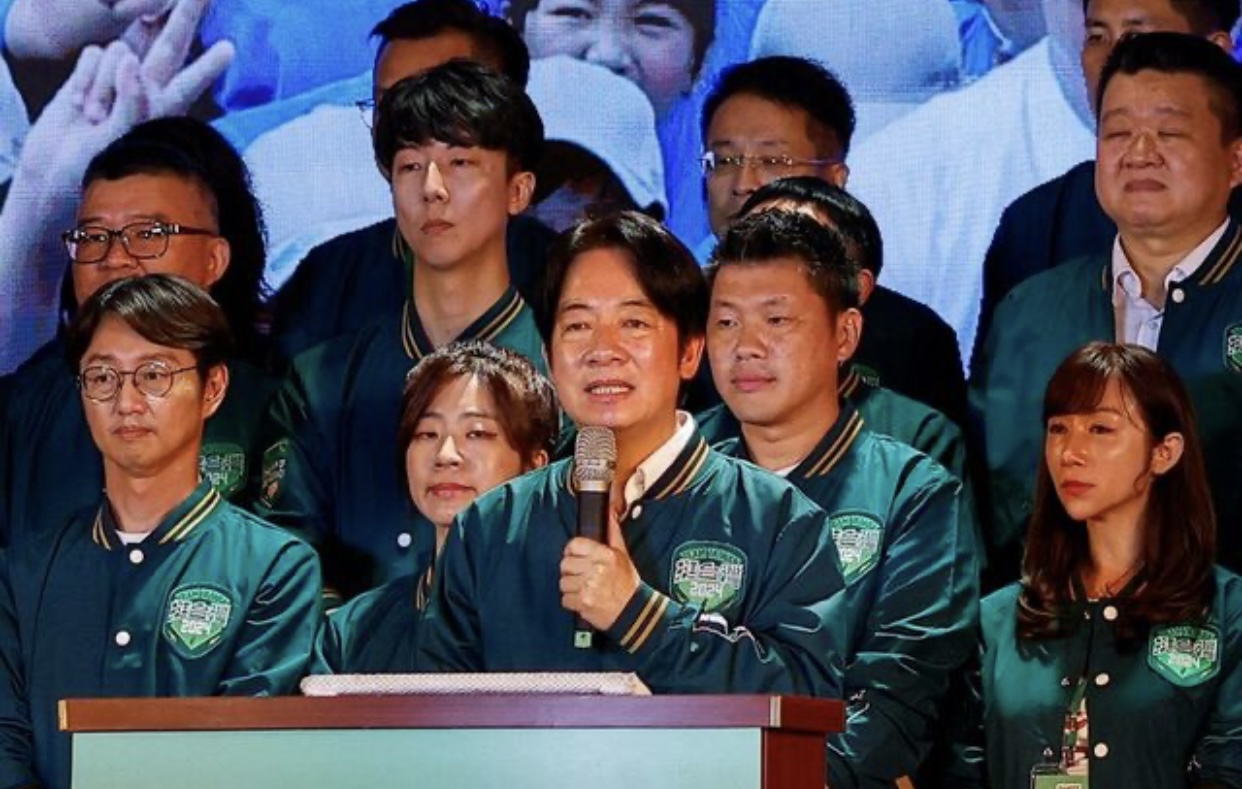China says its priority is to stop Taiwan VP visit to US next month. China’s ambassador in Washington expressed that preventing Taiwan’s vice president and presidential frontrunner, William Lai, from visiting the United States next month is a priority.
Taiwan is preparing for presidential and parliamentary elections in January, with Lai, the ruling DPP candidate, leading in polls.
Lai is scheduled to have official stopovers in the United States while en route to and from Paraguay. This stop over has drawn criticism from Beijing, which accuses Lai of supporting separatism.
Chinese ambassador Xie Feng conveyed at the Aspen Security Forum that “Taiwan is China’s Taiwan” and that the country desires a peaceful “reunification,” while criticizing Taiwanese “separatists” for seeking U.S. support.
Xie emphasized the need to contain “provocative moves” by Taiwan’s “separatists.” He stated, “Now the priority for us is to stop Taiwan VP Lai Ching-te from visiting the United States, which is like a grey rhino charging at us,” using Lai’s Chinese name.
A “grey rhino” event alludes to a highly evident yet overlooked threat.
Taiwan’s efforts for dialogue and China’s reactions
Taiwan President Tsai Ing-wen and her government have repeatedly offered talks with China, but they have been rejected. Beijing perceives the Taiwanese government as separatists and would not want to engage in discussions with them. Both Tsai and Lai affirm that only Taiwan’s people can determine their future.
The top U.S. diplomat in Taipei asserted on Wednesday that there was no justification for China to take “provocative” action in response to Lai’s stopovers in the United States, noting that such transits have been routine for many years.
In August and April, China conducted large-scale war games around Taiwan in response to the visits of U.S. House Speaker Nancy Pelosi and Taiwan President Tsai Ing-wen meeting with House Speaker Kevin McCarthy in Los Angeles, respectively, while returning from visits to Central America.

China regards Taiwan as part of its territory and has intensified military and political pressure over the past three years. China aims to compel the island to accept Beijing’s sovereignty claims, which the government in Taipei strongly opposes.
